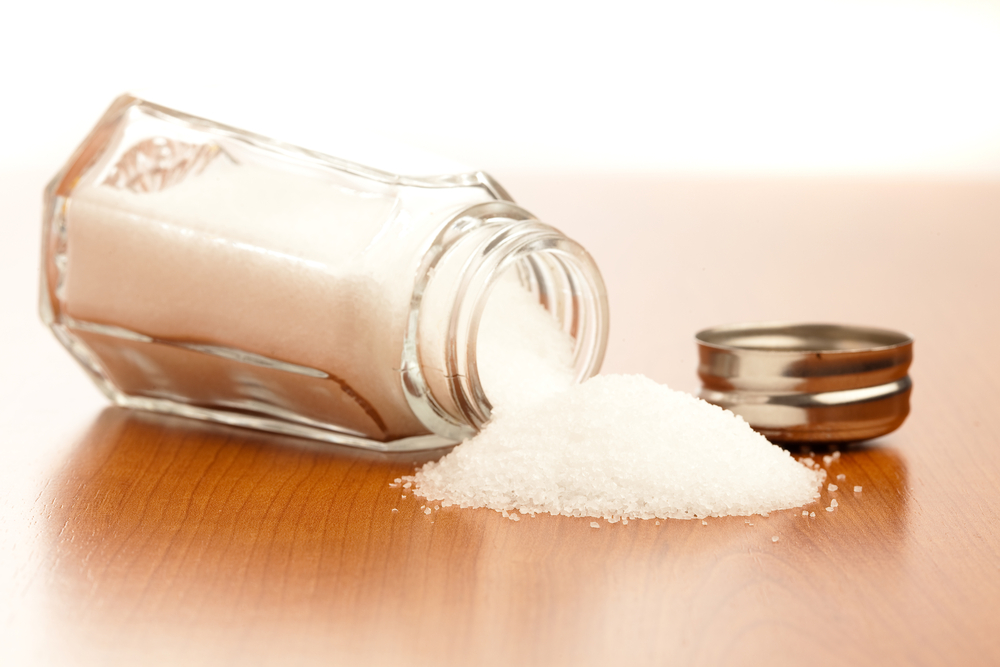4 Tips for Reducing Sodium in Your Diet

Yesterday, I met a friend for lunch at a popular fast-food joint. I don't normally frequent these places, but neither of us had much time, and our location left us with limited options.
I hadn't been to this particular restaurant in quite some time, so I wasn't really sure what to order. Whenever I'm unsure, I usually end up with a salad. On this day, though, I made the mistake of using the dressing they provided. Soon after my lunch, I was left feeling bloated and tired, and wished I had made a better choice — a choice with less sodium.
When I got back to the office, I came across a new study that was extremely fitting. This 2012 Canadian Medical Association Journalstudy found that fast food in the U.S. and Canada is often much saltier than the same fast food items served in other countries.
In fact, if you were to order chicken nuggets at a U.K. McDonald's, you'd be getting less than half the salt you would in that same item ordered in the U.S. or Canada.
Other studies, including one published in 2011 in the Journal of the American Medical Association,havelinked excess dietary salt with increased risk for heart-related complications. This study found that heart patients who consumed the most sodium (excreting more than 8 thousand milligrams in 24-hour urinary sodium excretion tests) were roughly 50 percent more likely to experience a heart attack, stroke or hospitalization due to heart failure.
However, restricting salt altogether isn't the answer. In this study, patients who consumed the least amount of salt (excreting less than 2,000 milligrams) were also more likely to die or be hospitalized due to heart-related problems, compared with people in the moderate-consumption range.
It might seem like a catch-22, but it's really just an issue of moderation. The body needs salt to maintain fluid in the blood cells, and to help absorb nutrients within the small intestine, among other things.
Get the world’s most fascinating discoveries delivered straight to your inbox.
You shouldn't try to eliminate salt from your diet, but here are some tips to help ensure you're not getting too much:
- Avoid dining out and eating pre-made, processed foods. According to the Centers for Disease Control and Prevention, about 75 percent of the sodium people in the U.S. consume comes from processed and restaurant foods.
- Don't judge salt content on taste alone; always check the nutritional label. Foods such as bread, salad dressing and tomato juice can add an unexpected boost to your daily salt intake.
- Choose fresh instead of canned vegetables. Canned vegetables often have more salt than fresh or frozen veggies. If you must use canned, look for a label that indicates there was "no salt added."
- Skip the breakfast muffin and opt for a healthier option, such as oatmeal. Not only do most muffins have a lot of excess sugar and fat, some also have more sodium than a bag of potato chips.
Healthy Bites appears on MyHealthNewsDaily on Wednesdays. Deborah Herlax Enos is a certified nutritionist and a health coach and weight loss expert in the Seattle area with more than 20 years of experience. Read more tips on her blog, Health in a Hurry!
 Live Science Plus
Live Science Plus







